For the past 20 years, the VELUX Group has initiated and participated in more than 30 demonstration buildings exploring the future of healthy buildings through full-scale experiments. We have seen how improving the quality of buildings can improve health and well-being and have a positive impact on some of the global climate challenges we face. With the building industry accounting for over a third of CO2 emissions, the need for change is urgent. We aim to lead the way and show how rethinking buildings can accelerate change.
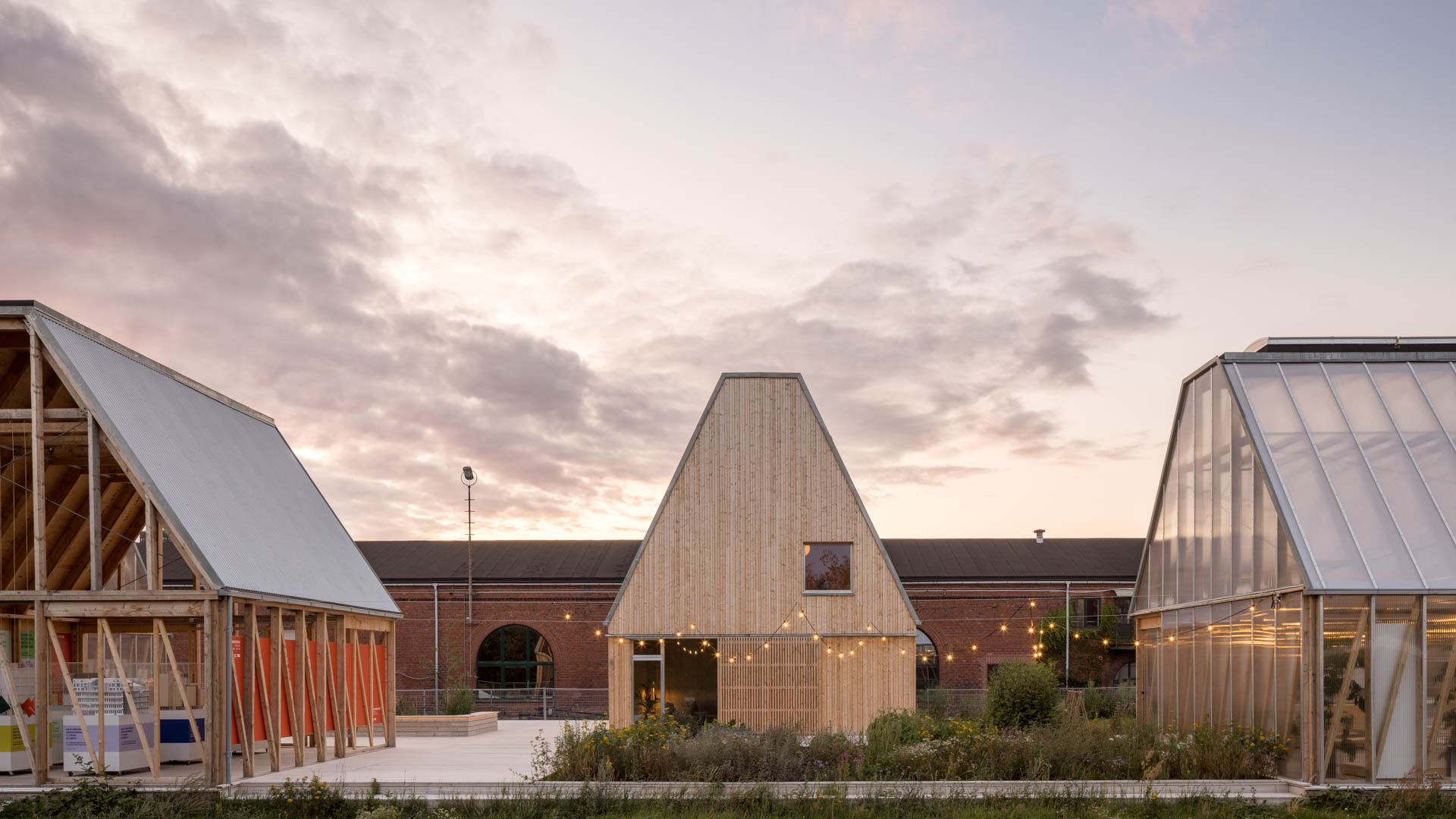 Photo: Adam Mørk
Photo: Adam MørkRethinking how we build for life
Build for Life is a pioneering multidisciplinary initiative in which we bring together and share years of insights and experience around fresh air and daylight with industry experts. An example is the Build for Life Compass developed in partnership with EFFEKT Architects. This holistic tool can be used to develop, plan and create buildings better for people and planet.
The Build for Life Compass is based on seven strategic drivers that each represent a different part of the design process. Architects and builders can use the compass to prioritise their decision-making and focus on creating buildings that benefit health, well-being and our planet. The tool is available for free.
Read more about the Build for Life compass and how it can be used.
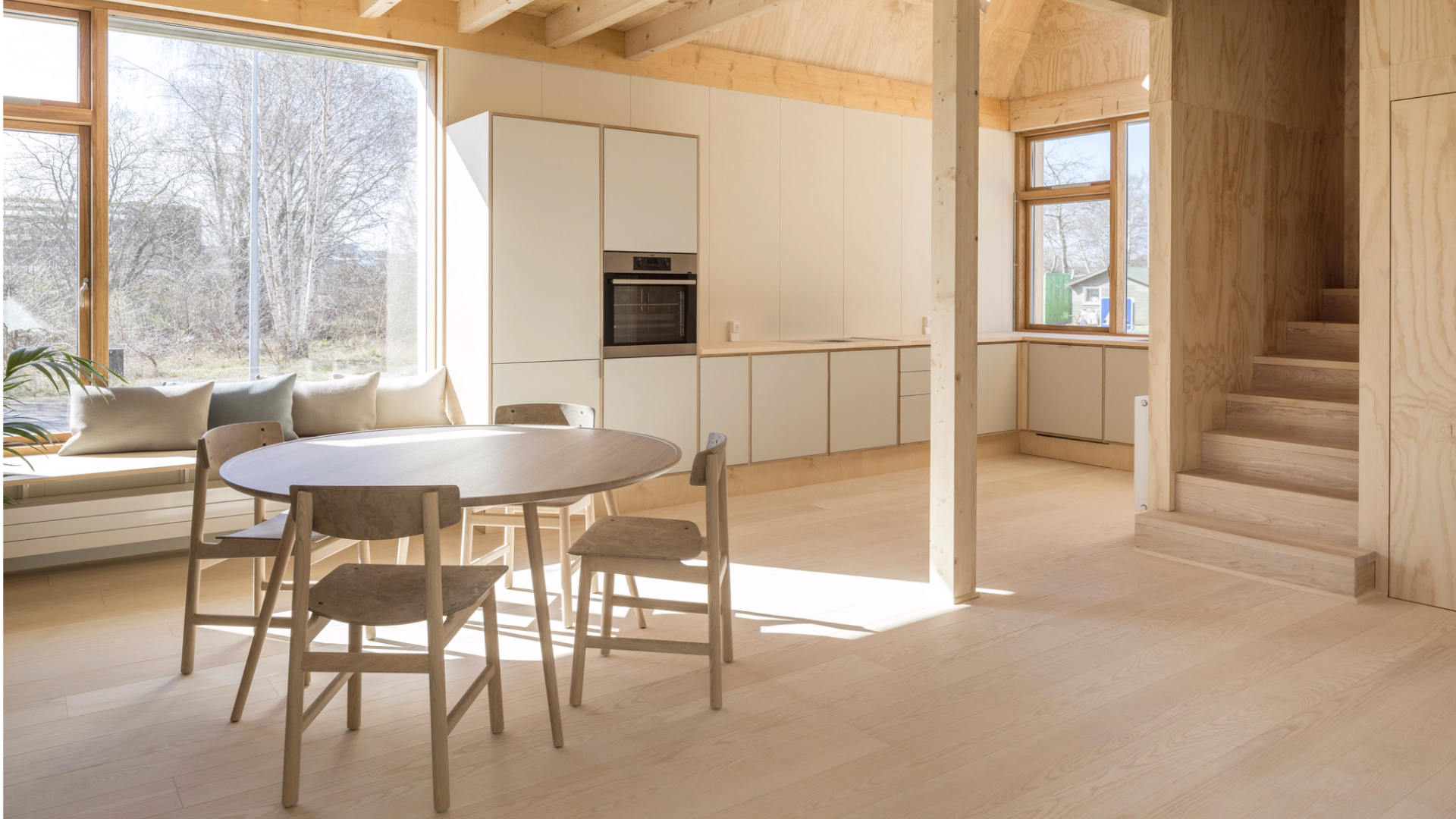 Photo: Adam Mørk
Photo: Adam MørkShowing change is possible
The Living Places concept has the vision to lead the way in the building industry and show how rethinking buildings can help solve some of the global climate and health challenges.
The first Living Places prototype was part of the World Architecture Capital in Copenhagen in 2023. This pioneering prototype was built using existing technologies and proves that we can build affordable homes with an ultra-low CO2 footprint and a first-class indoor climate already today.
The Living Places prototype has a carbon footprint that is three times lower than a standard Danish house. This calculation has been independently verified by the BUILD department at Aalborg University in Denmark.
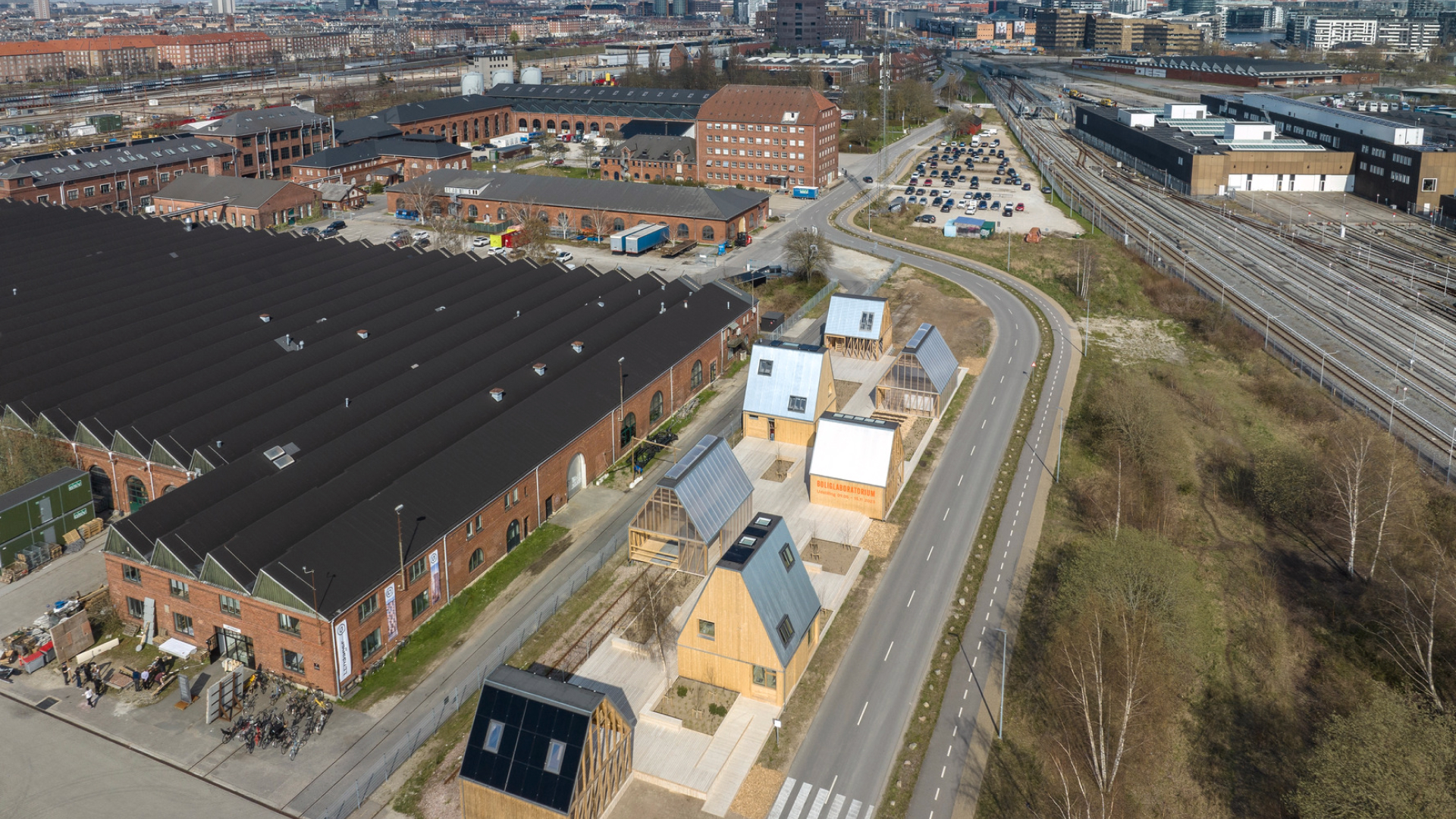 Photo: Adam Mørk
Photo: Adam MørkFrom development to scalable development
By using a transformative partnership approach, Living Places unites industry leaders to become pioneering partners and drive positive change within the building industry through practical actions.
The impact of Living Places is now being amplified with pioneering partners across Europe. These mutually beneficial agreements allow the knowledge harvested throughout this project to scale up and be tested in different contexts, spearheading a broader change in the mindset and competencies of developers, contractors and builders.
We have entered into partnerships with a housebuilder in the Netherlands and in Denmark on a building project that aimed at scaling and commercialising the Living Places concept. We are also working on a pilot project in France to test the concept in renovation.
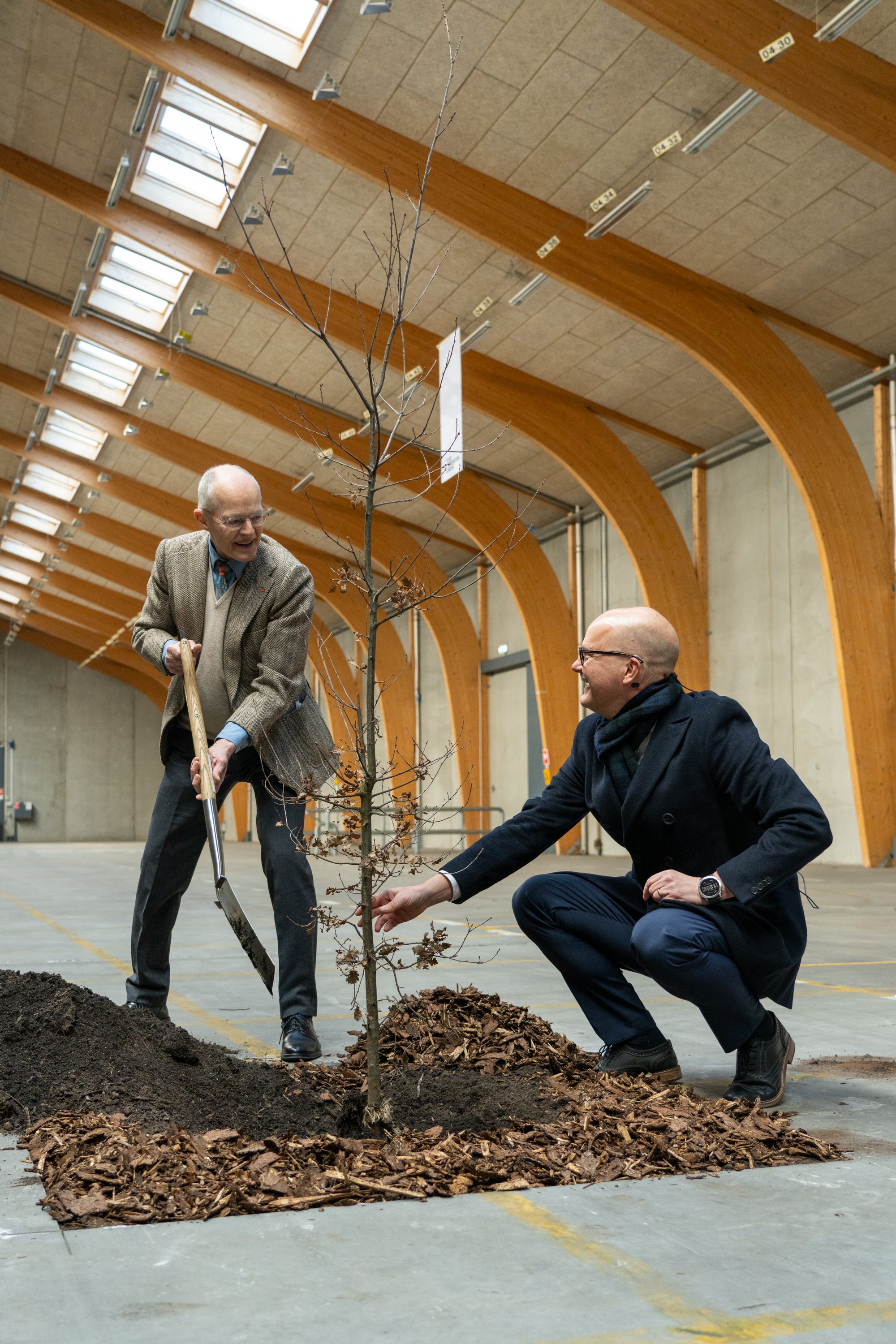
This is the VELUX hub for research and development. It showcases how the renovation of a historic building can result in a space with a healthy indoor climate while carefully preserving and using as much of the existing building as possible. The building is located on our site in Østbirk, Denmark and is scheduled to open in April 2025.
During the creation of the LKR Innovation House, our main focus has been to preserve the original building. Wherever possible, we have tried to integrate the existing building into the plan. This means that we have preserved the roof, the floors and the façade – with the addition of insulation or other energy-efficiency measures.
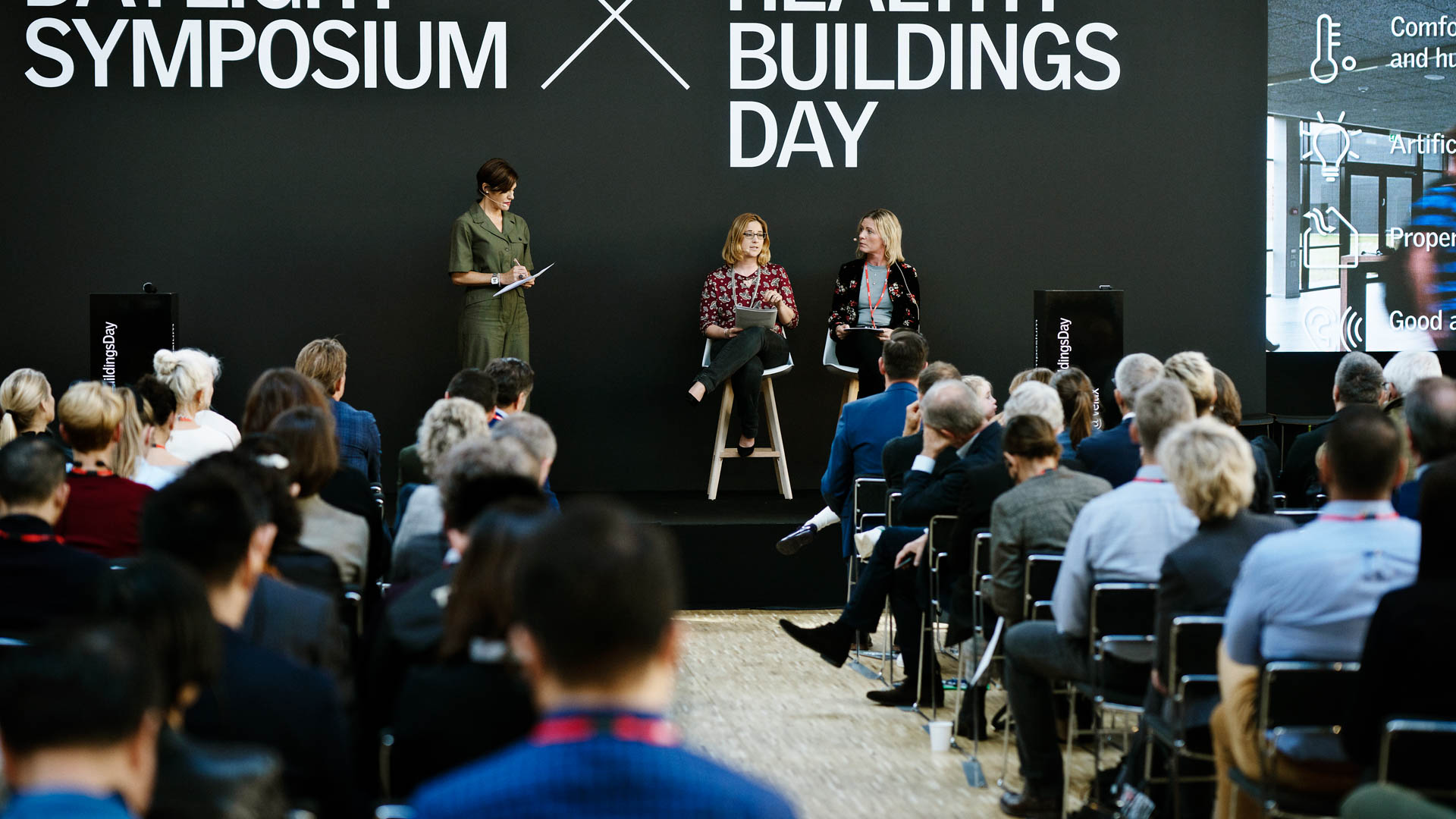
Exchange for change
We want to share knowledge and create experiences to inspire others in the building industry to take steps towards reducing the impact on the environment. The Build for Life Conference and Daylight Symposium, both presented by VELUX, bring together scientific experts, building industry representatives, political stakeholders, and the media to exchange knowledge and explore the importance of daylight in creating healthy, resilient buildings.
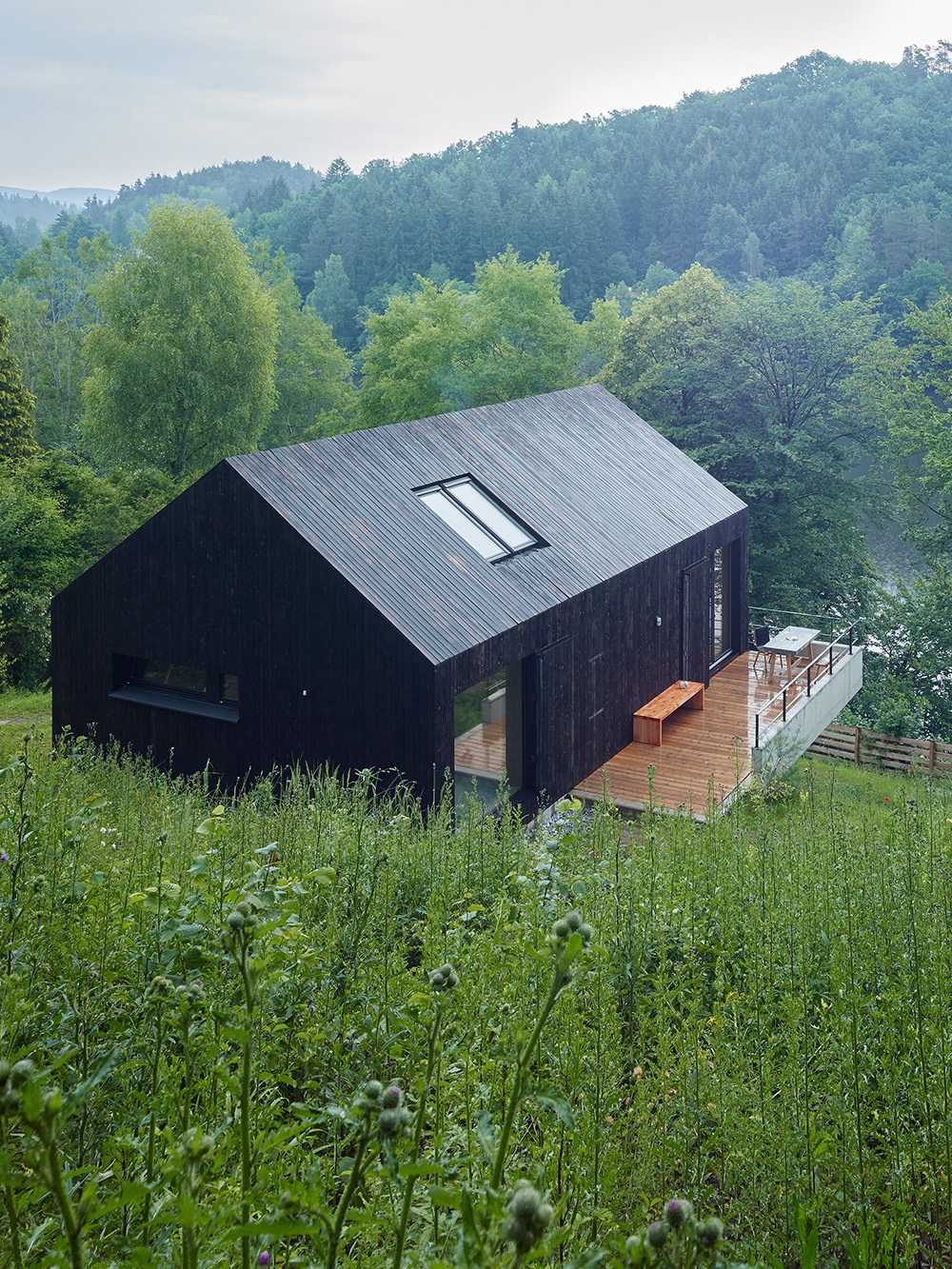
By 2030, we have committed to reducing our emissions from production and operations by 100% and from our value chain by 50% compared to 2020. To cut our operational emissions, we are transitioning to renewable energy and focusing on energy efficiency across all sites.
We continue our efforts towards reducing the embodied carbon footprint of our products. This includes the carbon emissions associated with the materials used, transport to VELUX, and the manufacturing process.
